Driving the direction of future mixotrophic research
An Ocean Carbon & Biogeochemistry (OCB) Working Group
Aquatic plankton have traditionally been categorized using a false dichotomy of either heterotrophs (strict phagotrophs) or autotrophs (strict phototrophs). It is now accepted that many species fall on a spectrum between these two trophic strategies, and are called mixotrophs. Scientists’ ability to conduct in situ research on mixotrophs has been hindered by the limitations of current methods for detecting them and their activity. The scientific community is primed to make major advances in mixotrophy research, but first must reach a consensus on how to best apply currently available methods, collaboratively define new paths forward for methodological development, and put forth a proposed list of the most pressing mixotrophy research needs.
With funding from the Ocean Carbon and Biogeochemistry (OCB) Project Office, we are forming a working group that, over the next two years, will bring together researchers to identify a clear set of high-priority mixotrophy research needs and identify methodological gaps in achieving these needs. Our working group will consist of scientists who have studied the in situ mixotrophic community using a range of methods, modelers who are interested in incorporating mixotrophs into their models, and scientists who are interested in participating in future mixotroph research. The primary goals are: 1) to synthesize available data on in situ mixotrophic activity/presence and the methods used in peer-reviewed literature, 2) develop guidelines for the best application of current methods, and 3) identify potential new methods for advancing in situ studies.
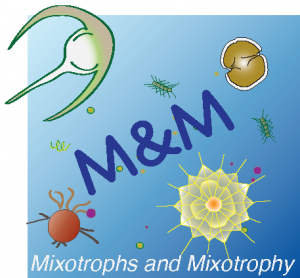
M&M WG Publications:
June 2024: Recommendations for advancing mixoplankton research through empirical-model integration
Nicole C. Millette, Suzana G. Leles, Matthew D. Johnson, Ashley E. Maloney, Emily F. Brownlee, Natalie R. Cohen, Solange Duhamel, Nicole J. Poulton, Sarah D. Princiotta, Karen Stamieszkin, Susanne Wilken, Holly V. Moeller
Front. Mar. Sci., 05 June 2024
Sec. Marine Ecosystem Ecology
Volume 11 - 2024 | https://doi.org/10.3389/fmars.2024.1392673
June 2023: Mixoplankton and mixotrophy: future research priorities
Nicole C Millette, Rebecca J Gast, Jessica Y Luo, Holly V Moeller, Karen Stamieszkin, Ken H Andersen, Emily F Brownlee, Natalie R Cohen, Solange Duhamel, Stephanie Dutkiewicz ... Show more
Journal of Plankton Research, fbad020, https://doi.org/10.1093/plankt/fbad020
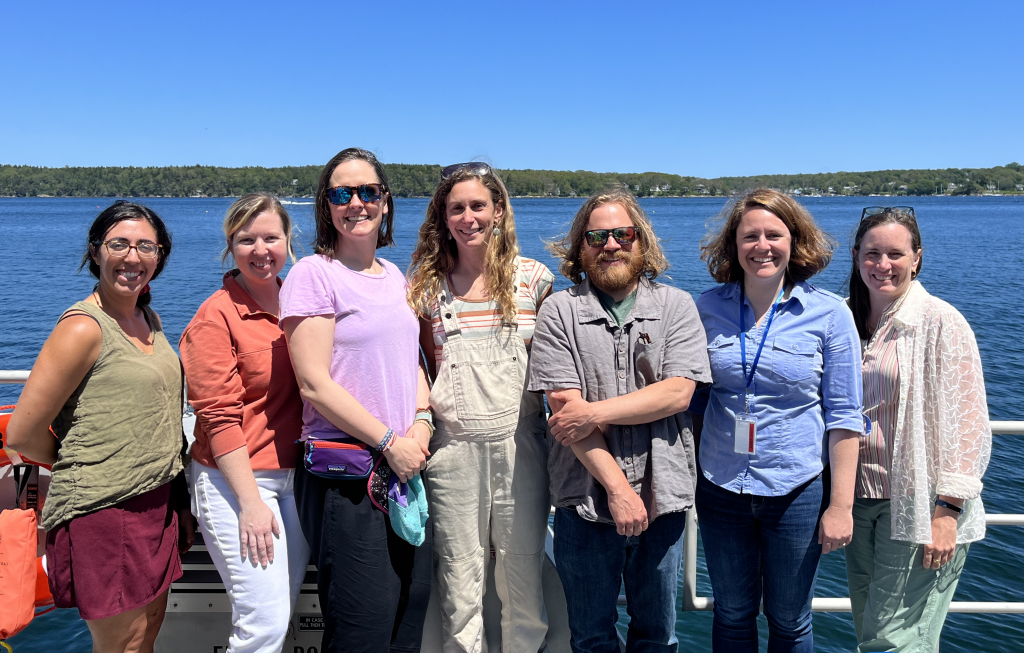
Mixotrophs & Mixotrophy - Working Group Workshop III
The Mixotrophs and Mixotrophy OCB working group – focused generally on identifying high-priority mixotroph(y) research directions and methodological gaps – met for a third and final hybrid workshop last month (June 21-23, 2023) at Bigelow Laboratory for Ocean Sciences. The workshop was a collaborations incubator, during which nine in-person and five online participants brainstormed future research directions, learned about each other’s recently funded projects, and honed in on a collaborative research proposal targeting critical research methods for studying mixotrophs and their activities in the field. The majority of participants were early career scientists.
One outcome of the workshop was a robust list of exciting research proposal ideas, and for each project, a lead PI, a team of interested working group members, and some potential funding sources. It was agreed that the advancement of mixotroph research hinges on development of reliable methods for detecting prey ingestion by mixotrophic organisms in the field. The group therefore focused on this challenge, developing a project to create a standard operating procedure for measuring in situ constitutive mixotroph prey ingestion. This project would enable instrument and method intercomparisons specifically for prey ingestion measurements, as well as a suite of other associated measurements of interest to the community.
Press Release from Bigelow: Flexible Feeding May Be the Norm, Not the Exception
Working Group open meetings
April 10, 2023: Mixotrophs and Ocean Change - Speakers: Sarah Princiotta (Pennsylvania State University, Schuylkill) and Marco Calderini (University of Jyväskylä, Finland)
February 13, 2023: Mixotrophs, Harmful Algal Blooms (HABs), and Forecasting Methods - Speakers: Dr. Pat Glibert (UMCES-HPL) and Dr. Lisa Campbell (Texas A&M)
November 14, 2022: Evolution - speakers Elisabeth Hehenberger (Biology Center CAS, Czech Republic) and Holly Moeller (University of California, Santa Barbara, USA)
Sept. 12, 2022: Microeukaryote group collaboration exploration
July 11, 2022: Remote Sensing - Speakers: Jessie Turner (UConn) and Sara Rivero-Calle (UGA - Skidaway)
June 18-19, 2022: in person WG meeting (WHOI, Woods Hole, MA)
April 11, 2022: Biogeography - Speakers: Karen Stamieszkin (Bigelow Laboratory) and Kyle Edwards (Univ. Hawai'i)
February 14, 2022: 'Omics - Speakers: Dr. Sophie Charvet (American Museum of Natural History, New York) and Dr. Susanne Wilken (University of Amsterdam
September 13, 2021: Biogeochemistry of Mixotrophs: Modeling; Speakers: Suzana Leles (Swansea University), Stephanie Dutkiewicz (MIT), Ken Andersen (DTU)
July 12, 2021: Biogeochemistry of mixotrophy - Speakers: Dr. Solange Duhamel (University of Arizonia) and Dr. Tristan Biard (University of the Littoral Opal Coast)
June 18, 2021: OCB2021 Summer Workshop - Activity Highlight of the Mixotrophy and Mixotrophs Working Group
April 12, 2021: Definitions of mixotrophy - Speakers: Dr. Kevin Flynn (Plymouth Marine Laboratory) and Dr. Diane Stoecker (Horn Point Laboratory - Emeritus)
February 1, 2021: Mixotrophs & Mixotrophy Working Group - Meeting 1: Overview and introductions
Working Group leadership
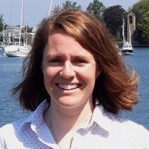
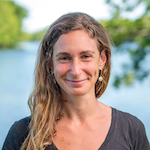

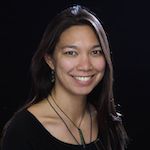
For more information on participating in the Mixotrophs and Mixotrophy working group, please contact the working group leadership:
Dr. Nicole Millette (VIMS)
Dr. Karen Stamieszkin (Bigelow Laboratory)
Dr. Jessica Luo (NOAA)
Dr. Holly Moeller (UCSB)
Previous leadership members:
Dr. Becky Gast (WHOI)
Working Group members


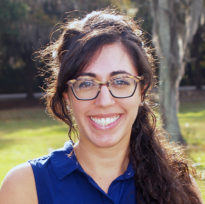
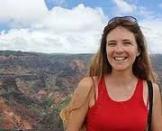
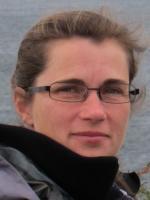

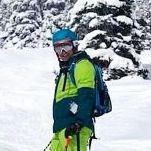
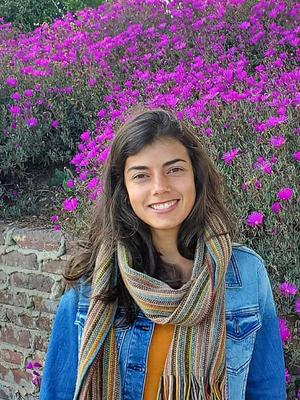
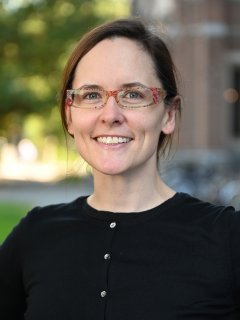
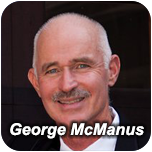
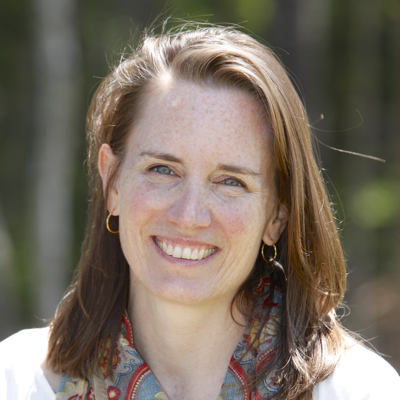
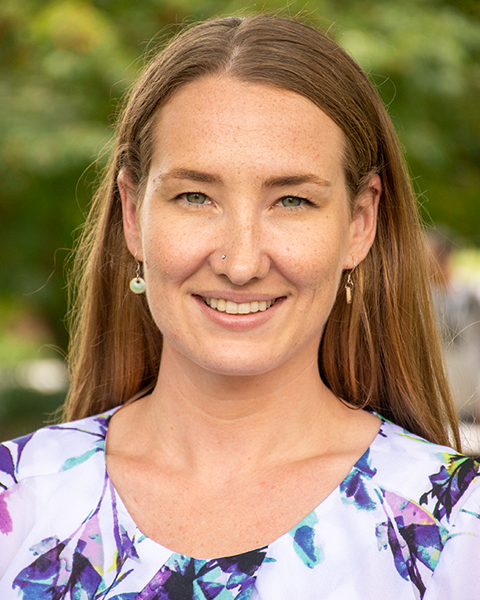

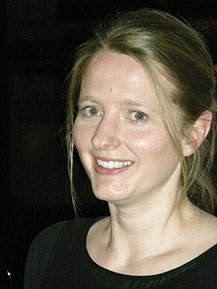
Ken Andersen (DTU)
Emily Brownlee (St. Mary's College)
Natalie Cohen ( Skidaway Institute of Oceanography)
Solange Duhamel (Univ Arizona)
Stephanie Dutkiewicz (MIT)
Matt Johnson (WHOI)
Ben Lambert (Univ Washington)
Suzana Leles (Univ S. California)
Ashley Maloney (Princeton Univ)
George McManus (Univ Connecticut)
Nicole Poulton (Bigelow Lab)
Sarah Princiotta (Univ Pennsylvania Schuylkill)
Bob Sanders (Temple Univ)
Susanne Wilken (Univ Amsterdam)



